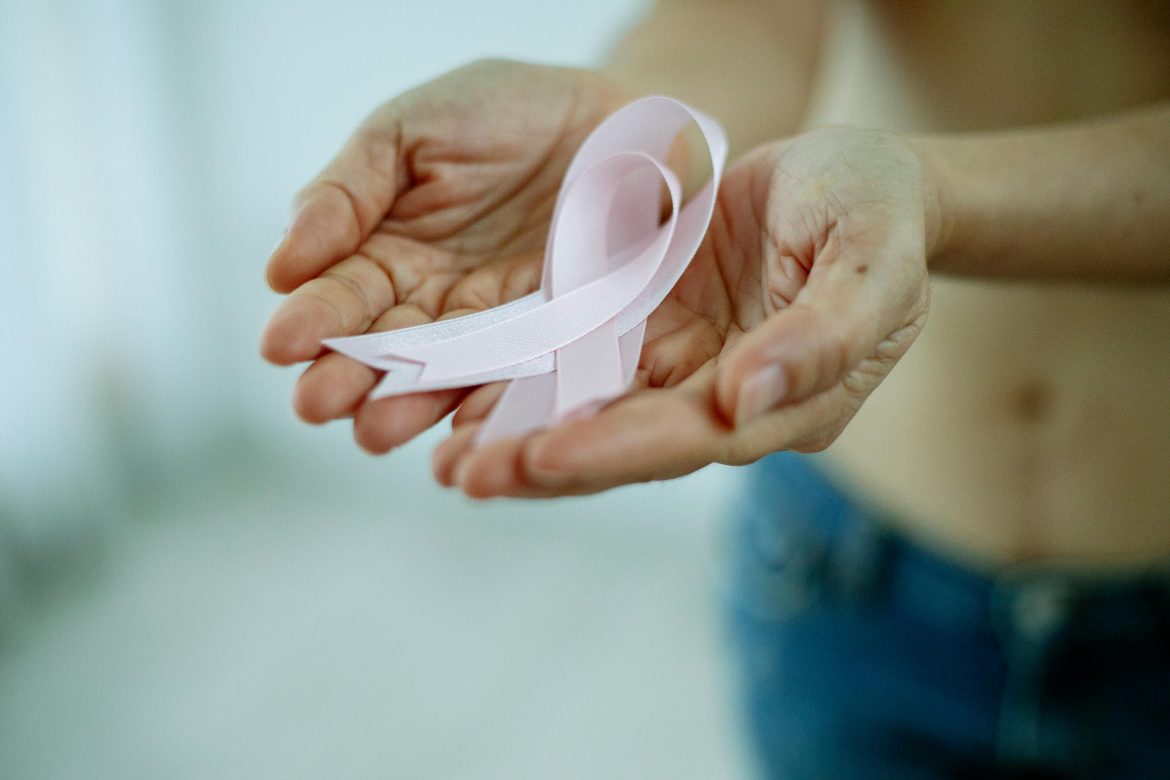ith one in five people developing cancer during their lifetime, prevention has never been more critical. While some factors are beyond our control, research shows that over 40% of cancer cases are linked to preventable causes. This World Cancer Day, we’re exploring seven evidence-based lifestyle changes that can help reduce your cancer risk.
1. Say goodbye to tobacco for good
It’s a stark reality: tobacco use is responsible for 30% of all cancer-related deaths. Whether it’s cigarettes, e-cigarettes, or other tobacco products, there’s simply no safe option. Tobacco use has been linked to multiple cancers, including lung, mouth, cervical, bladder, and kidney cancers.
If you smoke, making quitting your priority could be the single most important step you take for your health. Speak to your doctor about cessation support, and remember – it’s never too late to quit.
2. Move more, sit less
Regular physical activity isn’t just about staying fit – it’s about cancer prevention too. At least 150 minutes of moderate exercise or 75 minutes of vigorous exercise weekly is crucial. This might sound daunting, but it can be broken down into manageable chunks.
A brisk 30-minute walk during lunch, a weekend dance class, or even gardening all count. The key is finding activities you enjoy and making them part of your regular routine. Even small amounts of movement are better than none, so start where you can and build up gradually.
3. Watch what’s on your plate
Here’s a powerful statistic: up to 50% of preventable cancers are linked to our diet, according to UC Davis Health.
Making mindful food choices can significantly impact your cancer risk. Focus on incorporating more plant-based foods into your meals and limiting red meat consumption. When it comes to alcohol, less is more – women should aim for no more than one drink per day, though avoiding alcohol altogether provides the greatest cancer-protective benefit. Small changes, like choosing whole grains over refined carbohydrates and increasing your fibre intake, can make a meaningful difference.
4. Protect your skin
Skin cancer is the most common – and most preventable – cancer worldwide. Sun protection isn’t just for beach days. Make applying broad-spectrum sunscreen part of your daily routine, regardless of the weather. Avoid sun exposure during peak hours between 10 am and 4 pm, and invest in protective clothing and sunglasses. Regular skin checks can help you spot any concerning changes early. Remember, there’s no such thing as a healthy tan – skip the tanning beds and embrace your natural skin tone.
ALSO SEE: Finding the right SPF for your skin type
5. Manage your weight
Maintaining a healthy weight is crucial for cancer prevention, as excess weight can lead to increased production of hormones like oestrogen and insulin that may encourage cancer growth. Focus on sustainable habits rather than crash diets. Combine your healthy eating plan with regular physical activity, and make choices that you can maintain long-term. Taking the stairs instead of the elevator or choosing water over sugary drinks can make a real difference over time.
6. Make screening a priority
Early detection can dramatically improve cancer outcomes, making regular screening crucial for protecting your health. Different screenings are recommended at different ages and stages of life, particularly for breast, cervical, and colorectal cancers. Create calendar reminders for your screenings and treat them as non-negotiable appointments with yourself. Having these regular check-ups can provide peace of mind and catch any potential issues early when they’re most treatable.
7. Know your family history
Understanding your family’s cancer history can help you and your healthcare provider make informed decisions about screening and prevention. Take time to talk with your relatives about cancers in your family tree. Find out what types of cancer occurred, at what ages people were diagnosed, and the outcomes of their treatments. This information can be vital for developing a personalised prevention strategy with your healthcare team.
ALSO SEE:
Feature Image: Pexels

